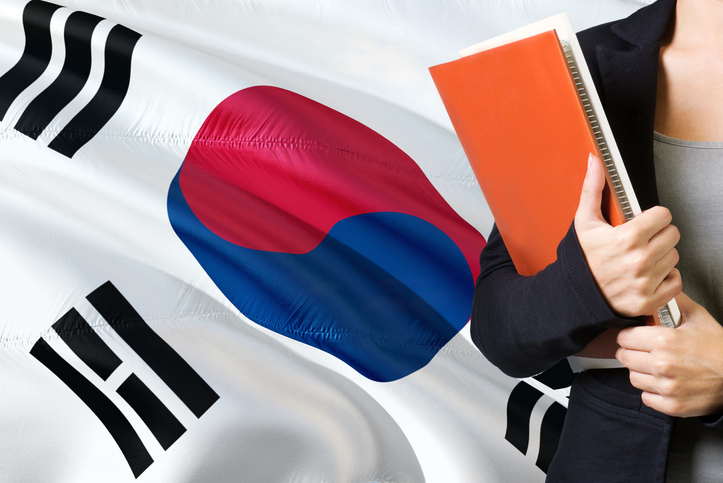

This year, 11 new King Sejong Institutes will open across nine countries, according to South Korea’s Ministry of Culture, Sports and Tourism. With the new centers, there will be a total of 252 institutes in 87 countries.
Named after King Sejong the Great (1397-1450), who created the Korean alphabet Hangeul, the King Sejong Institute Foundation, which oversees Korean language education abroad, is expanding its network to ease waitlists and meet growing demand for Korean classes worldwide.
In Egypt, where the only KSI in Cairo faced a waitlist of more than 1,200 students, two new centers will open at Ain Shams University and Alexandria University to accommodate learners eager to study Korean for academic, professional, and cultural reasons. The expansion reflects the growing presence of Korean businesses in Egypt, which has increased local demand for Korean language skills for employment.
Uzbekistan, which already hosts seven KSIs, will gain an additional center at Ajou University in Tashkent. The country already sends over 12,000 students to Korea each year, the fourth highest after China, Vietnam, and Mongolia.
In Asia, new KSIs will open in Kuala Lumpur (Malaysia), Dubai, Shenyang (China), Taipei (Taiwan), and Munoz (Philippines), while Europe’s expanding Korean language demand has led to new centers in Bonn (Germany), Turin (Italy), and Miskolc (Hungary).
In 2024, a total of 210,374 students studied Korean at King Sejong Institutes, including remote classes. This is a significant increase from 2007, when the first King Sejong Institute opened in Ulaanbaatar, Mongolia, with just 13 centers in three countries opening that year, with 740 students.
The ministry said that it planned to gradually expand the number of King Sejong Institutes to more than 350 by 2030 to ensure that Korean language learners worldwide can access classes as demand continues to grow.

